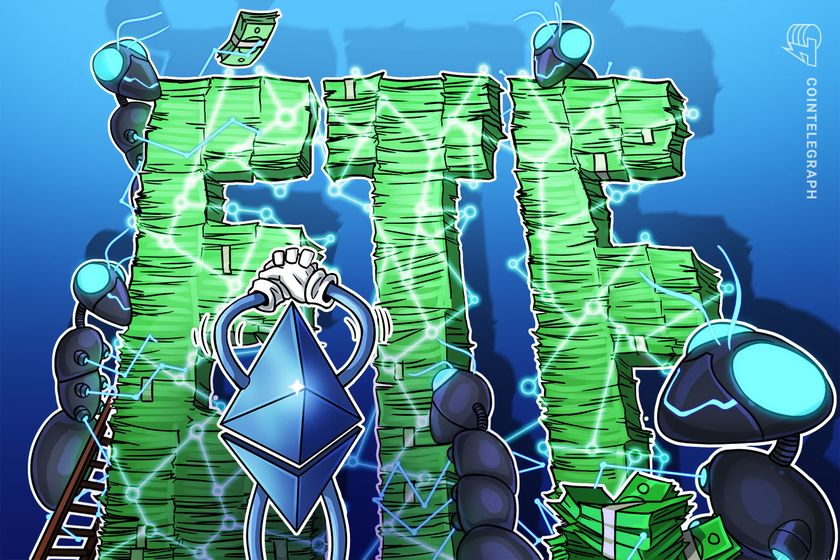Dfinity responds to Internet Computer decentralization and privacy concerns

Dfinity has sought to quell criticism over the decentralization and privacy of its Internet Computer protocol.
Dfinity, the team behind the Internet Computer protocol, or ICP, has fired back at critics of its decentralization and privacy features in an “Ask Me Anything” on Reddit yesterday.
The team sought to assure that the project’s foundation does not have control over the majority of voting power, emphasizing that decentralization is a priority for the network as it moves forward.
The project aims to replace the public internet with a distributed network of data centers, nodes, subnets and users coordinated through the Network Nervous System, or NNS. The NNS decides which nodes can join Dfinity’s network, disciplines misbehaving nodes, and facilitates communications between the ICP’s various components and participants.
However, the NNS has been the subject of criticism, with users expressing concerns regarding the centralization of voting power, the closed-course and patented code underpinning the protocol, a lack of transparency regarding data collection, and the single point of failure created by the NNS’ design.
Some have expressed qualms about NNS voting rights accruing over time, fearing that the system guarantees Dfinity’s foundation and its early backers will maintain centralized control over the network in the future.
Responding to concerns about the project’s lack of decentralization, Dfinity researcher, Jens Camenisch, said: “The end goal is that the Internet Computer is fully decentralized and not controlled by DFINITY or anybody else.”
Dfinity’s director of product, Diego Prats, added that “the Foundation does not have control of the NNS’s majority power,” adding:
“‘With great power comes great responsibility,’ the community needs to step up to that responsibility. I personally believe the community will step up to that role, but it is early and we have many challenges ahead of us.”
Responding to user concerns around being forced to have a singular Internet Identity to use the network, Diego said:
“Internet Identity is not meant to be the exclusive way of having Authentication for apps/canisters on the IC. We built it as a service for app developers so they can use an auth based on open standards […] Developers can use or roll out any they wish or none at all. This is entirely optional for using of the IC.”
Jens notes that while direct connections to the Internet Computer will allow nodes to identify a user’s IP address and see the data that is trying to be sent, connecting to the IC using The Onion Router, or TOR, will enable “TOR level anonymity on the IC.”
Jens later clarified that he was unable to access the IC while using TOR unless using TOR through a private window in the Brave browser.
Critics have also estimated that as much as 74% of the ICP token’s supply could be centralized among “private interests” including the project’s team, investors, and advisors. Nick from the Dfinity Foundation countered the claim, asserting that only 24.72% of supply is held by seed donors.
On May 28, Dfinity founder Dominic Williams posted a blog post outlining the roadmap for the project’s Ethereum integration, noting the project’s intention to work symbiotically with Ethereum rather than to directly compete with it.









